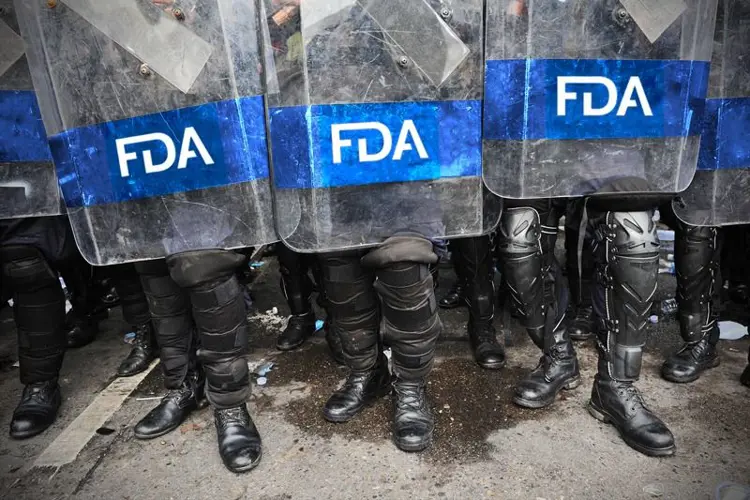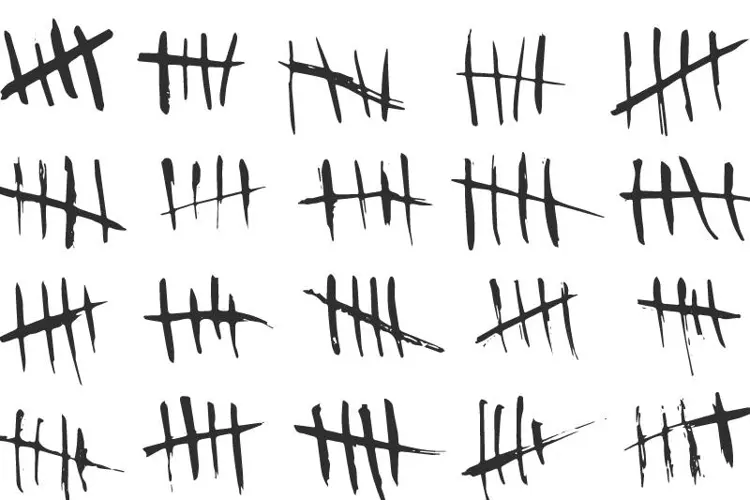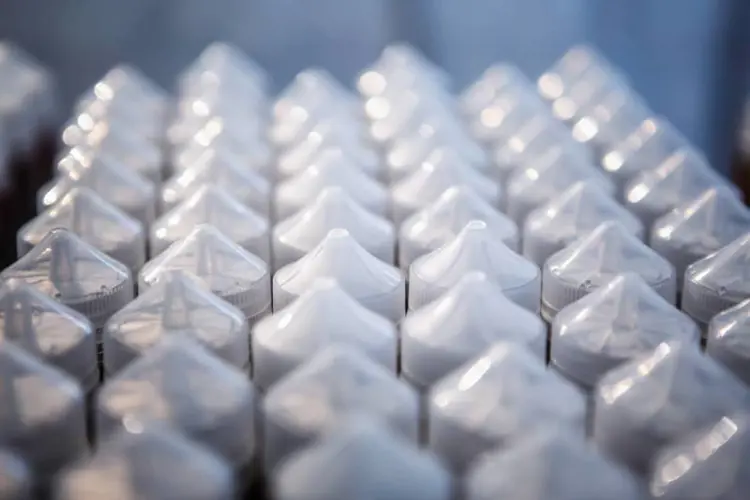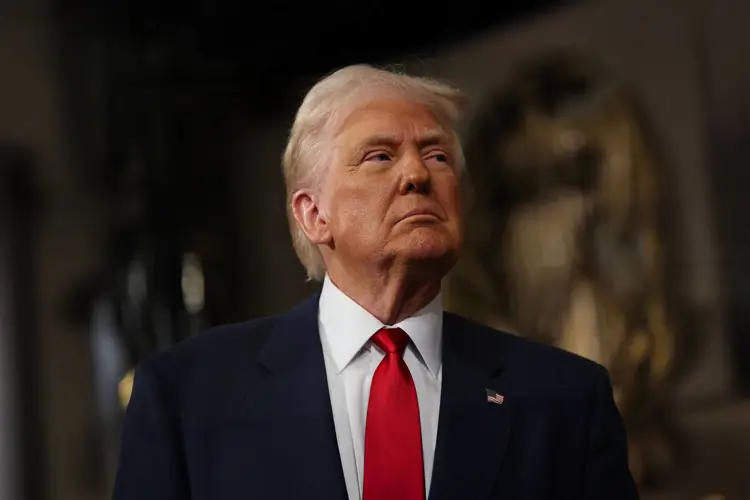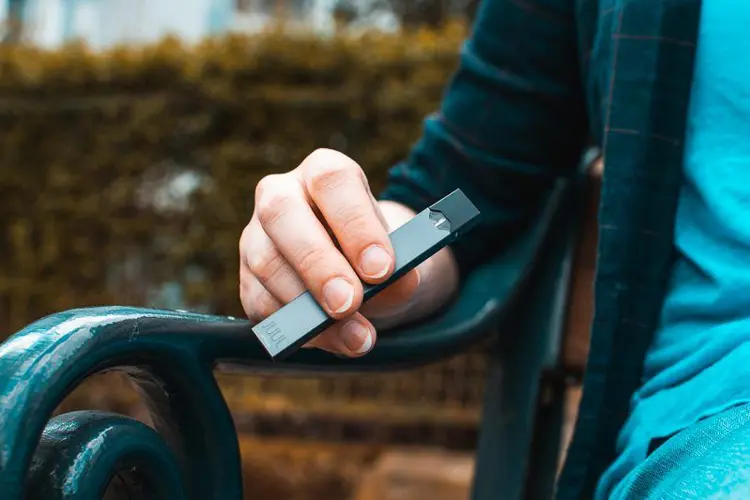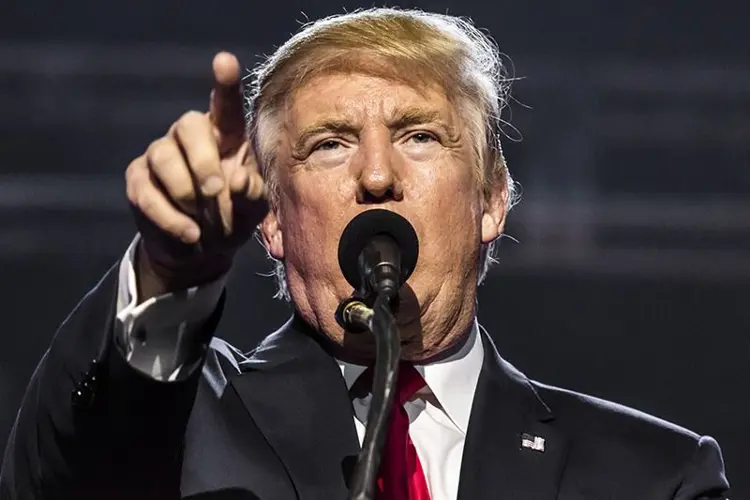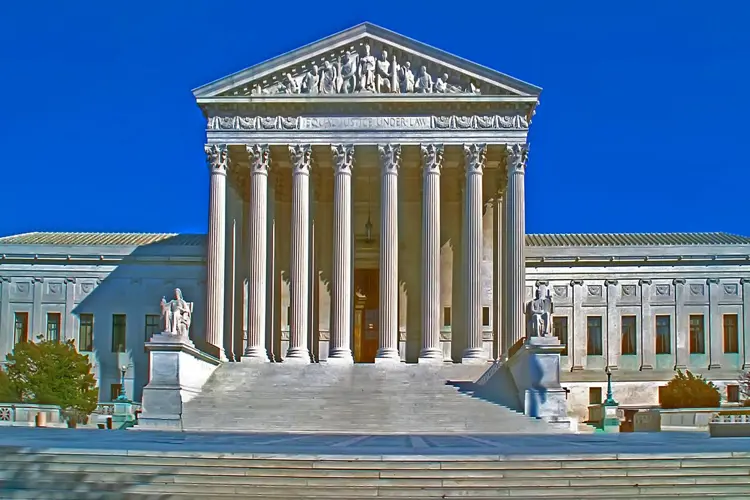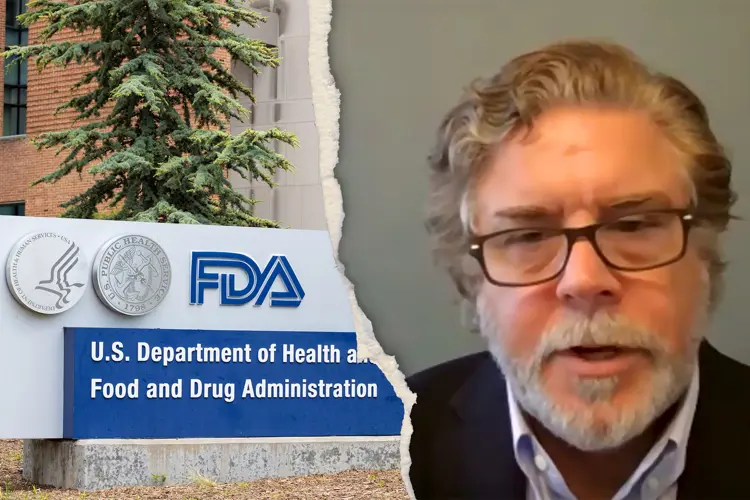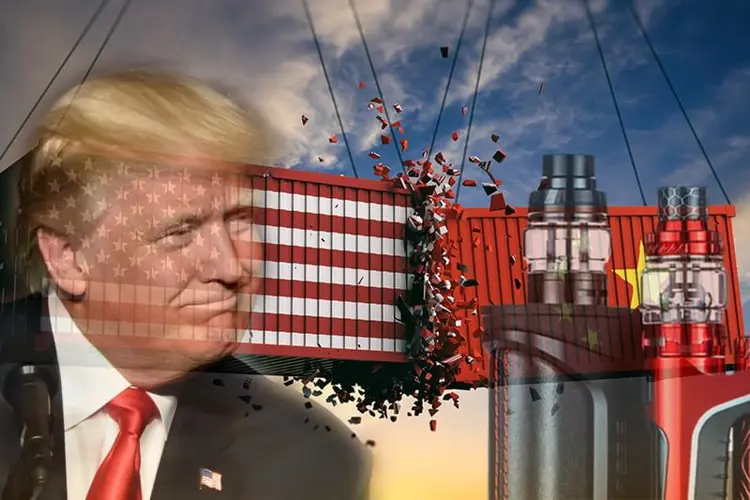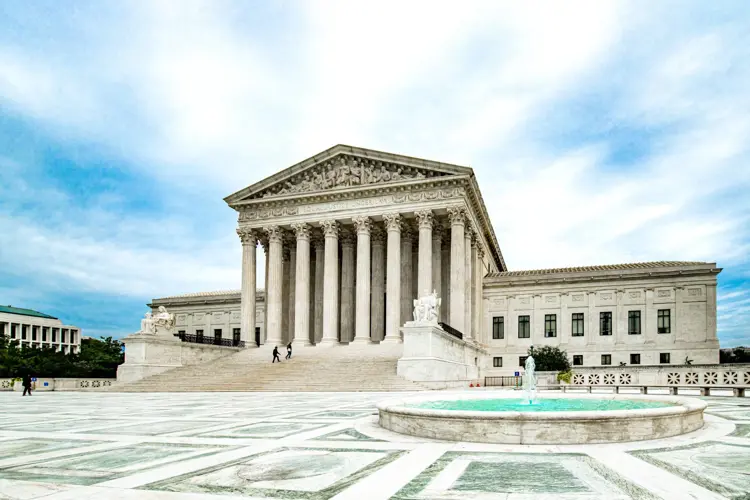The 2018 Farm Bill that legalized hemp production in the United States has been extended until Sept. 30, 2024. The extension—part of a short-term government funding bill signed into law Nov. 16 by President Biden—protects the legal status of hemp-derived cannabinoids like delta 8 THC for at least one more year. The 2018 bill had been scheduled to expire this year on Sept. 30.
Congress, in the 2018 law, unwittingly created a major market for hemp-derived intoxicants that in some states compete with state-regulated marijuana, and compete with black market weed everywhere. Both nonintoxicating CBD products and psychoactive hemp-derived cannabinoids like delta 8 and HHC (among others), have flourished under the protection of the 2018 law, which legalized not just hemp production, but also all the substances naturally found in hemp, except delta 9 THC.
The 2018 Farm Bill specifically legalized "the plant Cannabis sativa L. and any part of that plant, including the seeds thereof and all derivatives, extracts, cannabinoids, isomers, acids, salts, and salts of isomers, whether growing or not, with a delta-9 tetrahydrocannabinol [THC] concentration of not more than 0.3 percent on a dry weight basis."
Last year, a federal appeals court confirmed that delta 8 THC is legal under the wording of the bill, and even the Drug Enforcement Administration has conceded that cannabinoids found naturally in legal hemp can be sold without concern over federal enforcement. (State laws vary.)
What is the Farm Bill and why does it matter?
The Farm Bill (actually called the Agriculture Improvement Act) is one of the largest and most complex pieces of legislation Congress considers—almost in the same league as the defense and budget bills. The bill is renegotiated and renewed every five years.
Hemp and related issues are just a tiny sliver of the bill that, among other things, sets federal policy on agriculture, nutrition, conservation, and forestry. The Farm Bill includes major expenditures on nutritional assistance, commodity price supports, agricultural disaster assistance, and crop insurance subsidies. Because of the bill’s scope and financial impact, it attracts attention from a huge number of lobbyists and special interest groups with a broad range of concerns.
It was the 2014 Farm Bill that created a pathway for farmers to legally produce hemp for the first time since 1970, but the 2018 bill removed regulatory control of hemp from the Drug Enforcement Administration (DEA) and handed it to the Department of Agriculture (USDA).
Delta 8 is on the chopping block in next year's Farm Bill
Few members of Congress who supported legalizing hemp in 2018 knew the action would create a legal industry built around intoxicating, hemp-derived cannabinoids. But they know now—and if they don’t, a law enforcement, anti-drug, or marijuana lobbyist will be pointing it out to them soon.
Over the next year, Congress will negotiate and debate the next Farm Bill, which is likely to include some changes in hemp regulations. Interestingly, it’s not just cannabis prohibitionists that want new laws to crack down on the psychoactive hemp industry. Some groups that represent state-regulated marijuana businesses would also like to reign in the sale and manufacture of intoxicating hemp products.
Various pro- and anti-cannabis groups are lobbying for a variety of new hemp rules in the next Farm Bill. These are among the changes that have so far been suggested:
- Increasing the allowable THC level in hemp to 1.0 percent (rather than the current 0.3 percent)
- Some suggest raising the allowable level to 1.0 percent, but including all cannabinoids in the total amount allowed
- Including THC-A in the allowable level of delta 9 THC in hemp
- Banning hemp-derived cannabinoids completely—or limiting legality to cannabinoids actually extracted from hemp plants
- Regulating all forms of THC in the same way
- Raising the legal age to purchase any cannabinoid to 21
- Requiring the FDA to regulate CBD in food and dietary supplements
- Eliminating DEA testing requirements for farmers growing hemp solely for industrial purposes (primarily for fiber)
- Relaxing bank regulations for hemp farmers and businesses
Lobbying will shift into high gear when Congress returns to session in January, and legislative proposals for an updated Farm Bill will begin to take shape soon after.
The Freemax REXA PRO and REXA SMART are highly advanced pod vapes, offering seemingly endless features, beautiful touchscreens, and new DUOMAX pods.
The OXVA XLIM Pro 2 DNA is powered by a custom-made Evolv DNA chipset, offering a Replay function and dry hit protection. Read our review to find out more.
The SKE Bar is a 2 mL replaceable pod vape with a 500 mAh battery, a 1.2-ohm mesh coil, and 35 flavors to choose from in 2% nicotine.
Because of declining cigarette sales, state governments in the U.S. and countries around the world are looking to vapor products as a new source of tax revenue.
The legal age to buy e-cigarettes and other vaping products varies around the world. The United States recently changed the legal minimum sales age to 21.
A list of vaping product flavor bans and online sales bans in the United States, and sales and possession bans in other countries.







